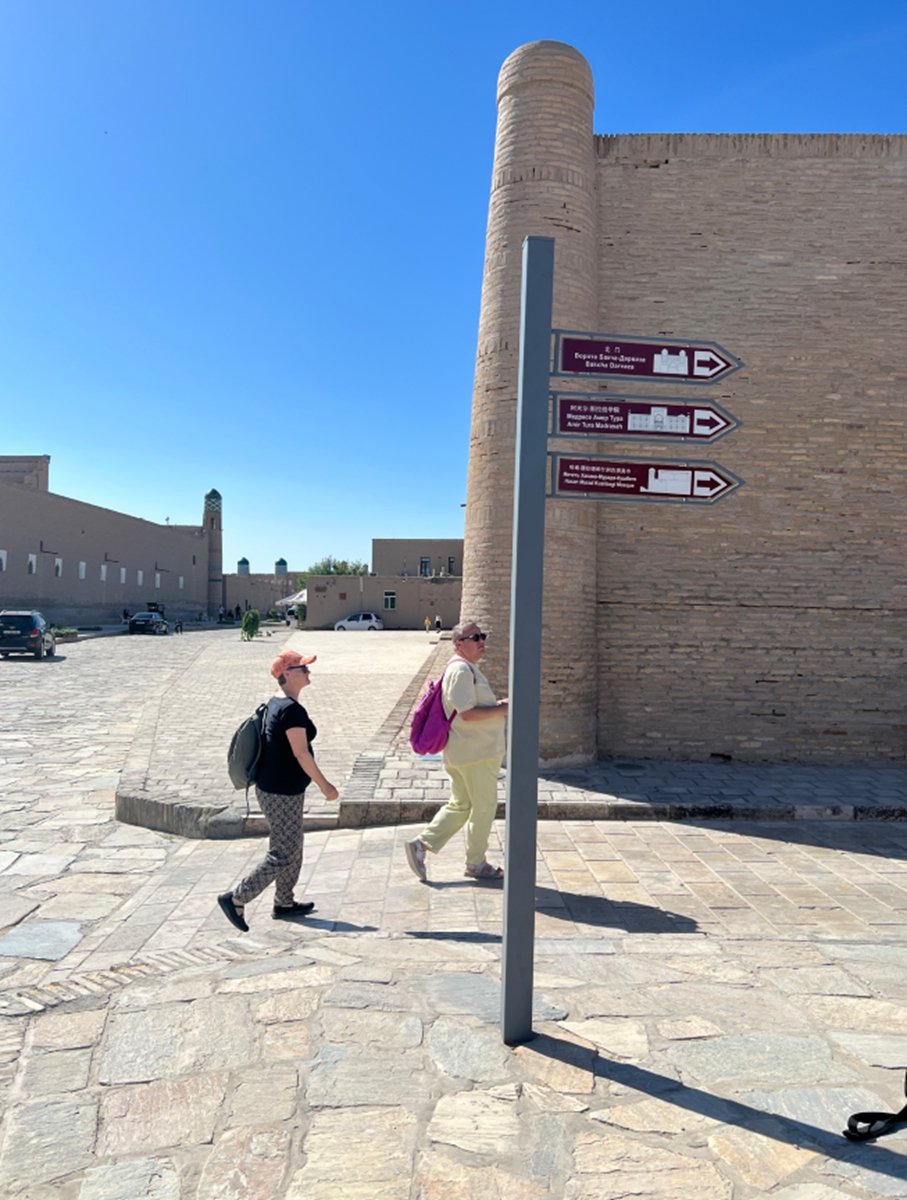In the heart of Central Asia, Uzbekistan pulsates with the rich echoes of its past. When one questions locals about the primary strength of their nation in terms of culture and tourism, the recurring themes are undeniably its history, culture, and safety. Historically, this landlocked gem was a pivotal node in the ancient Silk Road, connecting China with the West. More than just a conduit for goods, it was a bridge for cultural exchanges, forming a profound bond between China and Uzbekistan.
Aziz Abduhakimov, the Uzbek minister of cultural heritage, emphasized this timeless connection in a recent interview. “Though our formal diplomatic ties commenced three decades ago, our nations have been intertwined for over 2,000 years. Our relationship is not just close; it is fraternal,” he noted.
Today, Uzbekistan, home to around 35 million individuals, is ambitiously looking to elevate its socio-economic landscape, guided by President Shavkat Mirziyoyev’s vision of “New Uzbekistan.” In this grand blueprint, the enduring “silk bond” with China is seen as a catalyst, fueling collaborations in economy, culture, and tourism.
Across Uzbekistan, from its bustling cities to serene countryside, the historical and cultural ties with China are worn as a badge of honor. The ancient Silk Road often earns the majestic title of “the Great Silk Road,” and the Chinese-Uzbek bond is colloquially termed “brotherly.” The shared history finds its voice in anecdotes. For instance, in the historical enclave of Bukhara, locals proudly assert that the beloved noodle soup, Lagman, traces its roots to China.
Vladimir Norov, previously at the helm of the Shanghai Cooperation Organisation and a former foreign minister of Uzbekistan, highlighted the profundity of the shared history. “Our shared narrative started over two millennia ago, bringing immense cooperative prospects, especially in culture and tourism,” he remarked. “The tourism potential, whether it’s Chinese visiting Uzbekistan or Uzbeks exploring China, remains vast and relatively untapped.”
Although the inflow of Chinese tourists has seen a slowdown due to global challenges like the COVID-19 pandemic, there’s renewed hope. Strengthening cultural and tourism collaborations are now national priorities. Earlier this year, during the inaugural China-Central Asia Summit in Xi’an, China, and Uzbekistan committed to deepening ties in various sectors, including tourism.
Keen to welcome more Chinese visitors, Abduhakimov revealed plans to simplify visa procedures, integrate the Chinese language into road signage, enhance the number of Chinese-speaking guides, and boost flight connectivity. “Our focus on Chinese tourists is a testament to their significance,” he added.
Yet, the most profound allure for Chinese visitors remains the ancient bond shared by the nations. A Bukhara tourism official beautifully encapsulated this sentiment. “When they step onto our land, Chinese tourists will walk the pathways where ancient Silk Road trade thrived.”
To accentuate its appeal, Uzbekistan envisions curating special travel packages that allow visitors to relive the Silk Road experience. This is in resonance with the increasing interest among Chinese tourists, especially given the resonance of the Belt and Road Initiative over the past decade.
In the picturesque landscape of Samarkand, a Chinese tourist, Feng, from Sichuan, shared her zest for retracing the Silk Road. “My peers and I have a dream: to journey through all countries that are part of the Belt and Road Initiative,” she shared enthusiastically.
READ MORE:
